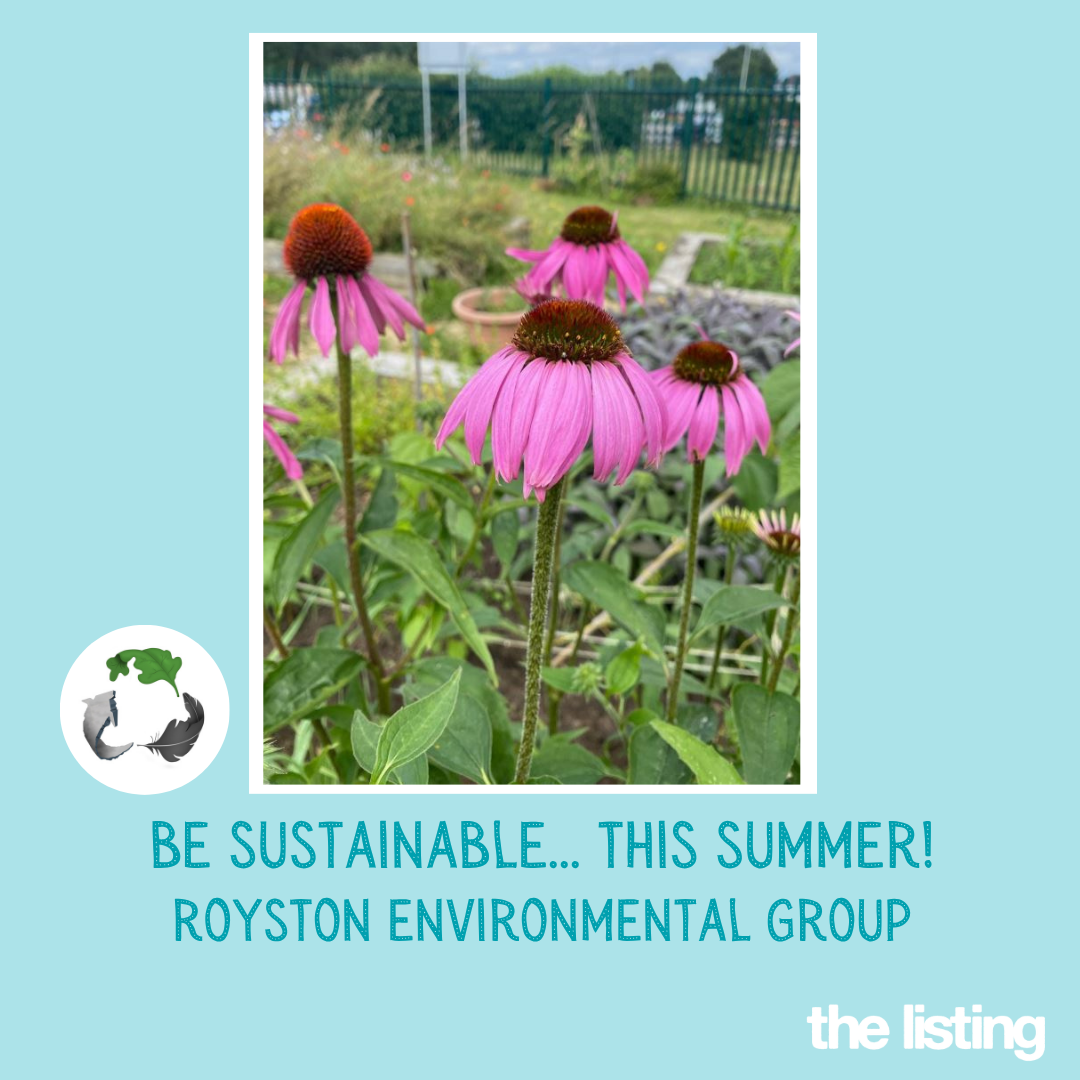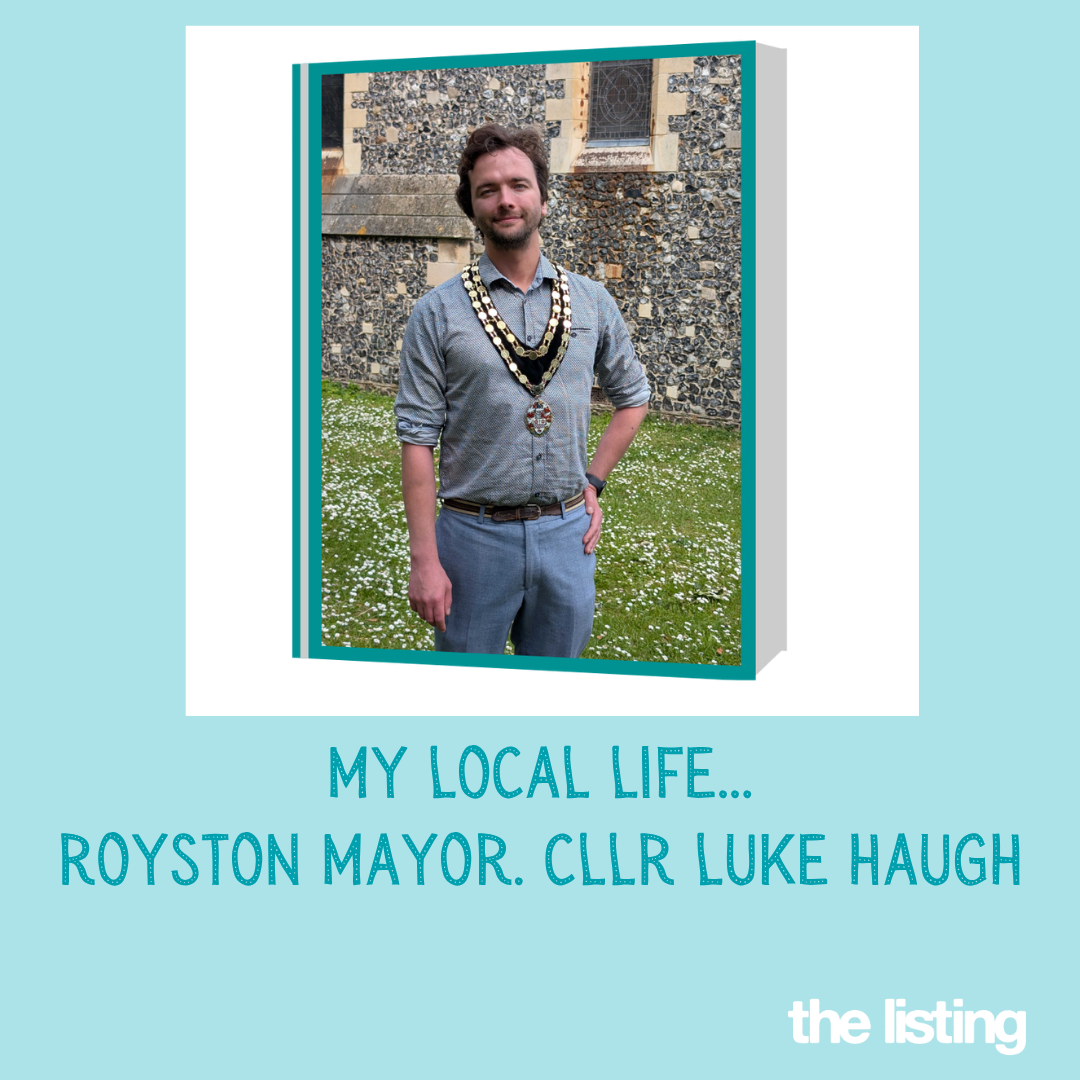Be Sustainable: Zero Waste Instead of Recycling
Let’s make a quick summary; living zero waste is not the same as recycling. Zero waste is a bigger concept with an overall aim to completely eliminate waste not just manage it. This means the goal is to not send anything to landfill at all.
Recycling focuses on rubbish we produce, when an item’s short or single-use life comes to an end. We have idealistic systems in place to somewhat deal with the rubbish from our households.
When living zero waste, a great way to reduce single use plastic is to shop at a market or farm shop for vegetables, using cotton bags or no bags at all. Whereas when recycling we would expect the single use plastic to be recycled into new items, however this is rarely the case. Even though we’ve all been diligently recycling over the years, only 5% of plastics are actually recycled. 40% go to the landfill and a third find their way into our delicate ecosystems (oceans, fresh water lakes and rivers).
With the statistic that we are not actually recycling enough for the system to be successful, we then need to look at the amount of rubbish that is being produced. Currently, the average adult is responsible for 0.64kg per day of solid trash. The proliferation of waste is having a real and detrimental effect on our environment. The need for bigger landfills and more incineration increases methane gas, toxic compounds such as dioxins (linked to cancer), and other heavy metals, which ramps up climate change.
So with this in mind actively reducing your waste is the only option to make significant changes to the current climate crisis. Following #zerowaste on social media will give you great ideas on how you can join a movement on living a waste-free lifestyle.













